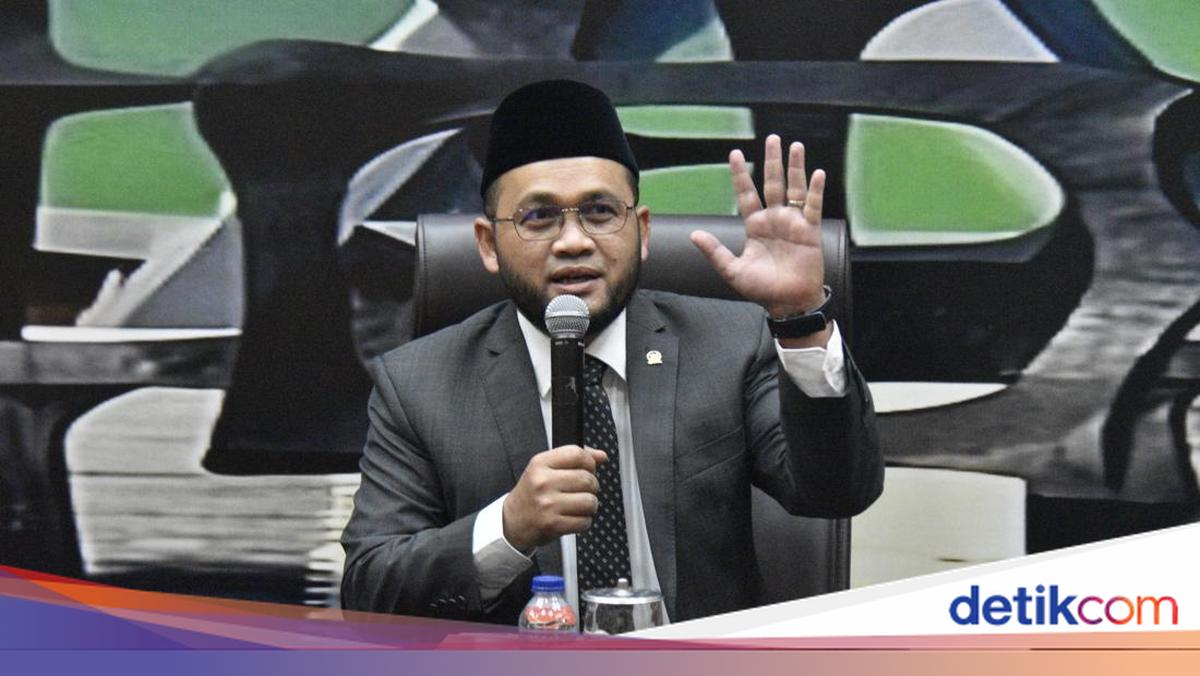Jakarta – The role of the Regional Representative Council (DPD) is significant in the strengthening of the constitutional system, one of which proposes the amendment of the five Constitution (Constitution) of 1945, although the political path is considered quite long and still fought. It was transferred by a member of the Indonesian MPR Assessment Agency as well as the DPD RI cenator, Dedi Iskandar Batubara, in a discussion titled ‘Authority and Patterns of Relations About State Institutions in the Indonesian State Administration Structure’ in the PPID room, NUSANTARA I BUILDING, PARLIENT COMPLEX, JAKARTA, JAKARTA, (1/10). Dedi was of the opinion that the executive in the current Indonesian constitutional system is in a very strong position compared to the legislative and judiciary. He argued, although the principle of Trias politica was adopted, the position of the legislative institution, especially the MPR, Parliament and the DPD, still needed clarity and strengthening authority. Browsing to continue with the content “Our executive is very strong today. Even in legislation, the government has the right to submit the law, to sign the law. Therefore, the role of the legislative, including the DPD, must be clarified,” Dedi said in his statement, Thursday (2/10/2025). Dedi reflects the 21 years of establishing the DPD and emphasizes that this institution was designed from the beginning as a counterweight in the legislation. In practice, however, the authority of the DPD is still limited to the proposed concept of certain laws regarding the region. The condition when the DPD continued to encourage the strengthening of authority, even by the discourse of the fifth amendment of the Constitution of 1945. “If the legislation related to the region is fully the authority of the DPD, the results will of course be better. DPD members are in the region every day, so they understand the needs and problems that exist. Although its authority is limited, Dedi said the DPD could still be productive with three main strategies. First, to encourage the strengthening of the DPD through the fifth amendment of the Constitution of 1945 as a maximum step to confirm the presidential system, while strengthening the DPD’s position as the second parliamentary room. Second, optimizing the supervisory function, especially in the implementation of laws, transfer funds and other policies that directly touch the interests of the region. “This supervisory function has performed, but often does not have the attention of the media because it is considered normative,” he explained. Third, reinforce the cooperation of supervision so that government programs that are determined by the state budget are truly implemented in the regions. Therefore, Dedi said that the struggle to increase the role of the DPD should continue. “Although the current authority of DPD legislation is limited to proposal, it does not mean that we can be ignorant of the supervisory function. It is precisely this is the important role of the DPD that must continue to strengthen and be articulated to strengthen our constitutional system,” he said. On the other hand, the political observer of the executive director of the Indonesian survey scale (SSI), Abdul Hakim talked about the journey of the Indonesian state administration system that showed a unique pattern for almost eight decades. According to him, constitutionally Indonesia holds a presidential system as set out in the 1945 Constitution, but political practices that run often differ from these rules. For example, continued Abdul, during the United Republic of Indonesia of 1949 (RIS) and when the 1950 Constitution was imposed. The federal and parliamentary systems that were managed are not lived for long. During the period 1950-1959, the Cabinet changed at least seven times until President Soekarno finally issued a by-laws that returned Indonesia with a presidential system to the 1945 Constitution. Nevertheless, he judged that the presidential practices of Indonesia still have different characteristics than the classic concept. The characteristic of this middle ground, for him, appears in many aspects of the state administration. In the civil-military relations after reform, for example, the role of the transition continues. Including the affairs of regional autonomy, Indonesia is not entirely centralized or federalist, but rather chooses a form of hybrid with special autonomy in Aceh, Papua and Yogyakarta. He continued, in political practice today there is no total opposition. Balanced functions are often taken over by civil society, media, independent institutions and student movements. These groups become critic forces that retain the balance of power, even if it is not formal opposition. “This is the face of our democracy: hybrid, typically, the results of the cultural, historical and political compromise of the country. Democracy is the third way of Indonesian style,” he concluded. For information, the discussion arranged by the parliamentary journalist coordinator (KWP) and the Public Relations Bureau and the MPR Setjen information system, also invited other speakers, namely the political observer of the executive director of the Indonesian recording scale (SSI), Abdul Hakim moderated by Asep Subagyo. (Ega/Ega)
Dedi Iskandar mentions the role of the DPD must be clarified in the constitutional system
